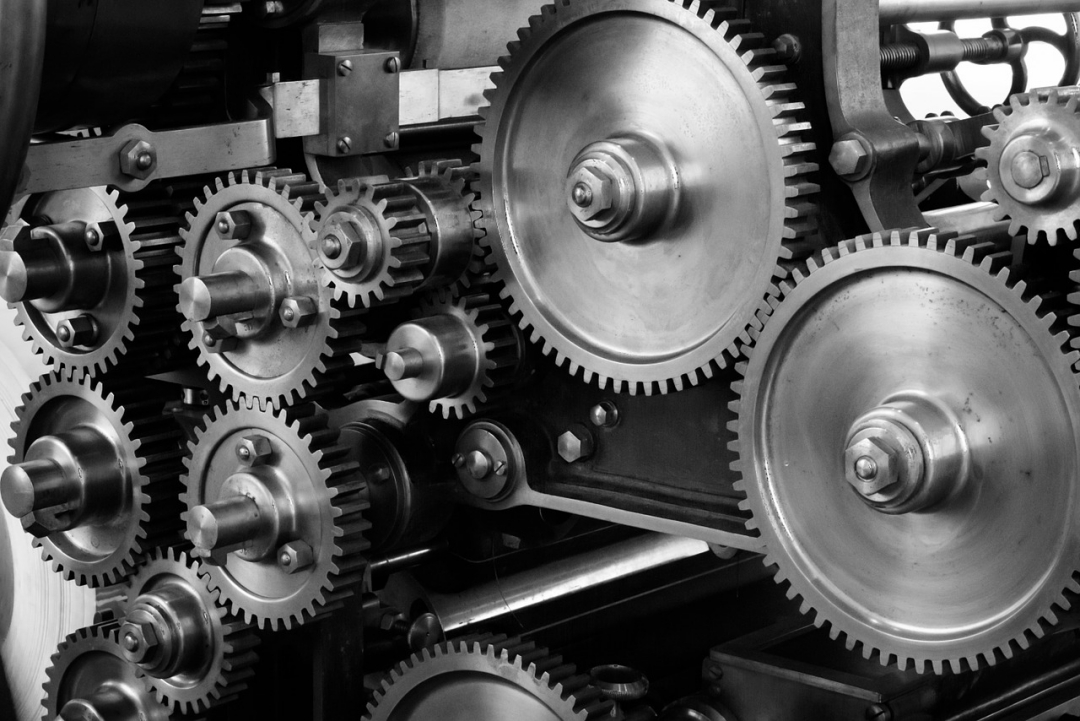What are The Jobs of the Future?
3 minutes, 51 seconds read

Will Machines Replace Your Workforce?
Rever CTO Luis Elizondo was recently invited to the popular radio program Resistencia Modulada featured on Radio UNAM, the National Autonomous University of México radio station. The conversation focused on the automation of jobs, and the fear that people have that a machine might take over their job.
Through a Twitter survey of the listening audience, the broadcasters found that most people were confident that their jobs are safe and will not be jeopardized by the Fourth Industrial Revolution. Here are some of the results of that survey:
- 60% do not believe their jobs are at risk.
- 28% believe their jobs are at risk.
- 6% said that it has already happened and their jobs have been affected.
- 6% believe their jobs soon will be impacted.
The thinking goes that AI will most likely replace jobs that demand a lower level of specialization. For example, manufacturing workers performing mechanical work may expect to be highly impacted.
But does the evidence show this to be true?
“We can’t know which are the jobs that will be replaced by a machine,” Elizondo commented during the broadcast. “I would love to have a crystal ball and be able to find that answer. The approach of Rever goes in this sense: in the world there are 2.5 billion people who don’t use technology in their job, these people have a great capacity to generate new ideas and innovation. But companies are unable to access this knowledge. While automation is good in many ways, machines depreciate and do not progress or innovate. That innovation requires people. People continue adding value while they build their knowledge and skills to contribute greater economic and occupational benefits to the company and themselves.”
Tomorrow’s data-based jobs
We can clearly see that automation will impact jobs in the future, but the how may not be clear. For this reason, it is important that we ask now what people should study to be successful in the future. How will their work coexist with technology in the future?
Elizondo highlighted some of the skills that will lead Mexicans to obtain the jobs of the future:
- The most important lesson we should be teaching in schools and universities is the ability to rapidly adapt to change.
- Learning English must be a basic requirement. It is the language in with which the important actors in the technological ecosystem communicate.
More importantly, we might ask: Will companies that are not based on technology today be able to generate jobs in the future?
Now is the time to explore how to adapt to create new jobs and elevate employees in the process. At a time when technology is accessible to virtually everyone, and companies are generating more data than ever, it is up to these leaders to decide what they are going to do with these assets to drive their future success.
On this point, Elizondo commented, “Companies are generating a large amount of data; now we must decide what we do with that data. It is estimated that by 2020, 80% of adults will have a smartphone and it will open a great opportunity for companies to empower of their employees who master the technology with more responsibility. Not like those of previous generations, who had to walk from the analog to the digital era.”
The skills to succeed
We have the opportunity to democratize this culture of continuous innovation. We can do this by providing everyone with the skills required to succeed, motivating them and offering recognition for implementing simple ideas for improvement through technology.
This is Rever’s mission: to help people to reach their creative potential. We are doing this by delivering an application from which many large companies are already benefiting. We look forward to training the next billion knowledge workers.
Finally, Elizondo said he’s worried because China contributes around 500,000 engineers each year. Mexico contributes just 20,000. “We are far behind in this number, and this deficit of people to do the jobs of the future is really big,” he said. “We must work to try to balance the numbers. The world is taking the course of automation, sometimes with developments too expensive and difficult to sustain, so our premise as a company [is to]affirm that the human will always contribute more than the machines. Automation is not always the best way for the industries, and companies have to look for balance.”
Like this content? Sign up for our Newsletter
[hubspot type=form portal=561211 id=fda6d445-739e-4072-8dae-68b94971a266]THE FRONTLINE DOJO
More Articles
How to develop the next billion Knowledge Workers
3 minutes, 51 seconds read
Digital transformation in manufacturing is not what you think it is
10 minutes, 36 seconds read
The human side of change management: lessons learned from Toyota, Airbus, and Silicon Valley
1 minute, 28 seconds read
The true meaning of Genchi Genbutsu
3 minutes, 5 seconds read